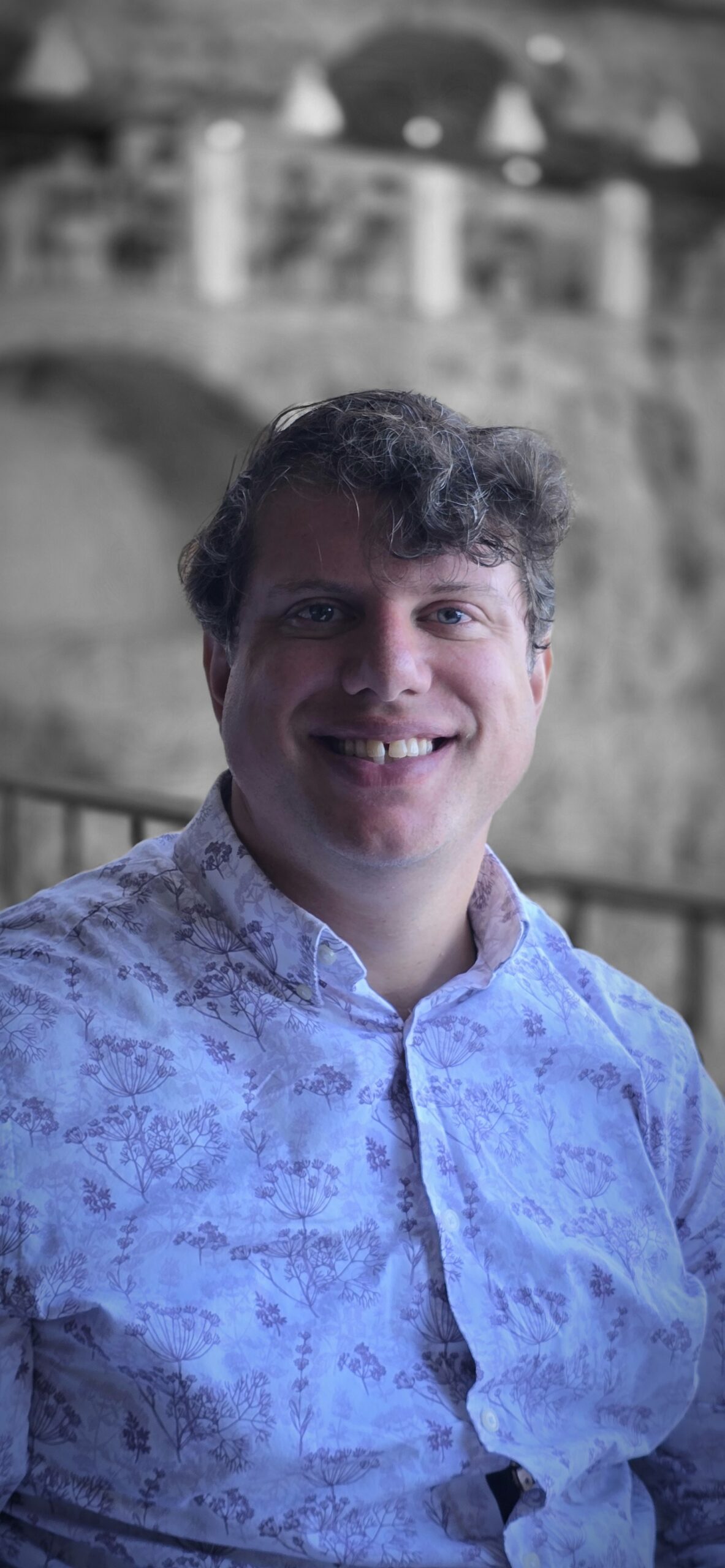In a groundbreaking initiative, two Caribbean lexicographers are spearheading the creation of the region’s first general-purpose English dictionary, aiming to bridge linguistic gaps in education and validate Caribbean dialects. This project, led by Dr. Joseph T. Farquharson of the University of the West Indies (UWI) Mona and Dr. Jason F. Siegel of UWI Cave Hill, marks a significant step forward in linguistic representation, three decades after Richard Allsopp’s specialized *Dictionary of Caribbean English Usage*.
The endeavor is hailed as a landmark effort to ensure Caribbean schoolchildren are not disadvantaged by the lack of accessible linguistic resources. Dr. Siegel, who also heads the Richard and Jeannette Allsopp Centre for Caribbean Lexicography, emphasized the symbolic and practical importance of the project. He noted that while the Oxford English Dictionary (OED) recently added 12 Caribbean words, these terms have long been documented in regional lexicons.
Dr. Siegel highlighted the broader implications of the initiative, stating, ‘Having your own dictionary validates your dialect in the public eye. It counters the racist discourse that suggests there’s something wrong with the way Caribbean people speak.’ The project builds on the legacy of Richard Allsopp, whose 1995 *Dictionary of Caribbean English Usage* remains a cornerstone of Caribbean linguistics, and his wife Jeannette Allsopp, who expanded the field with her multilingual dictionary in 2003.
The new dictionary aims to be a comprehensive, all-purpose reference, capturing both regional vocabulary like ‘cou cou’ and ‘walk with’ and the standard English used alongside it. Unlike specialized glossaries, it will serve as a single trusted source for both local and international communication. Dr. Siegel underscored its educational value, stating that Caribbean children should not have to rely on disparate or unreliable sources to understand their own language.
While the project is still in its early stages, with funding and planning yet to be finalized, it is a top priority for the Allsopp Centre. This initiative not only celebrates Caribbean linguistic heritage but also seeks to empower future generations by providing them with the tools to navigate their linguistic identity confidently.
